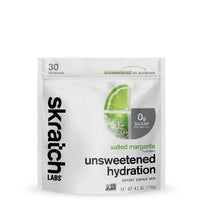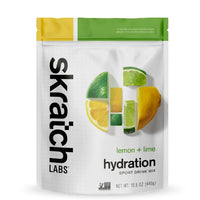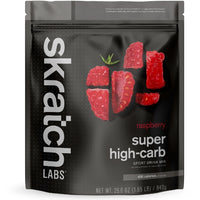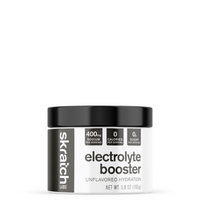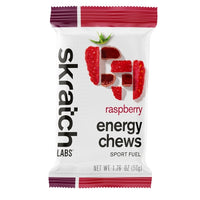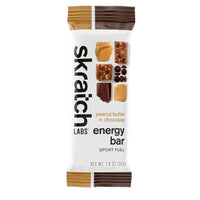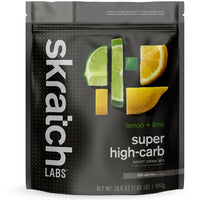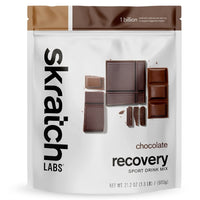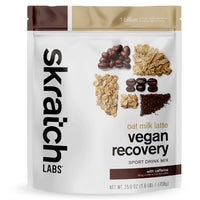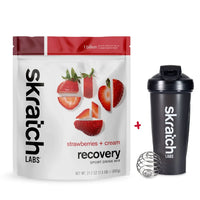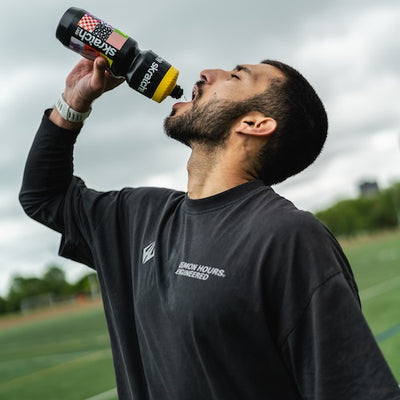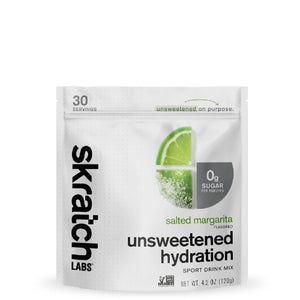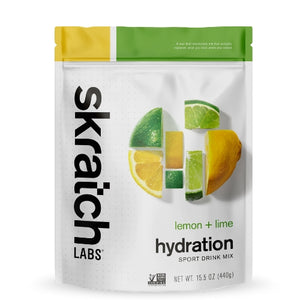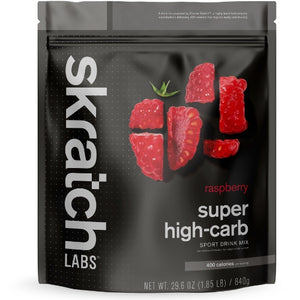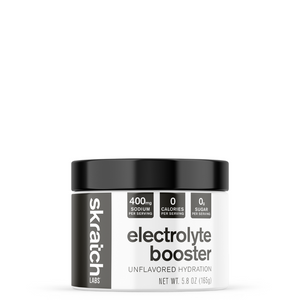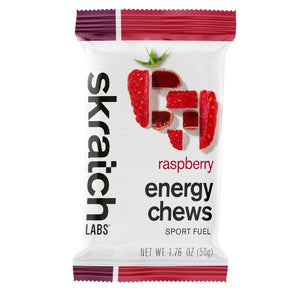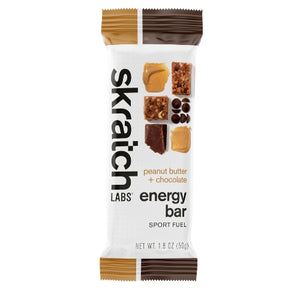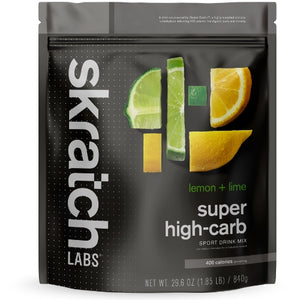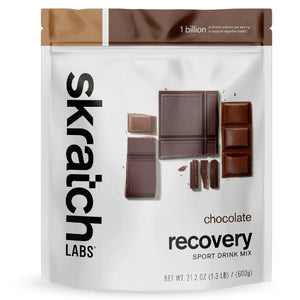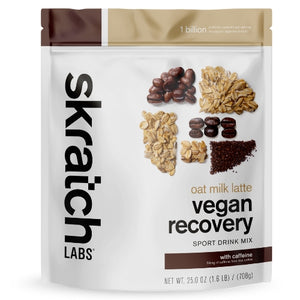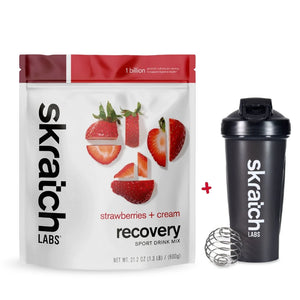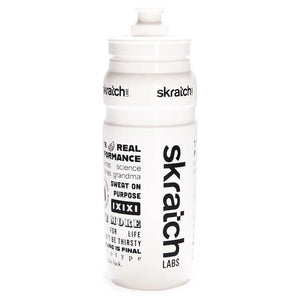We spend ⅓ of our lives doing it. For some people, they can’t wait to get back to it the minute it's over, for others, they convince themselves that they hardly need it. Its function is multifold and its benefits seemingly endless. Sleep - where dreams run wild in the midst of a healing body and mind.
Sleep in general
We are all familiar with sleep in that we all engage in it. However, if you were asked to define sleep, it may be difficult to come up with something objective. Let’s just lay it out: you can tell someone is sleeping based on species-specific sleeping postures, changes in breath and heart rate, differences in metabolism and body temperature, measuring brain waves, and a higher than normal threshold to pull someone out of it.
Sleep is a tier of health: without it, everything else sort of falls apart. If we do not get enough sleep, we are prone to cognitive impairment, weight gain, heart disease, depression, cancer, impaired immune function, dementia, and increased pain. There is ongoing research to back all of these claims and show us just how important sleep is for our health and everyday function. In addition to basic human health, sleep has massive implications for sport and recovery. So, if the nuanced mechanism linking sleep to sport has been making you lose some Zzz’s, let’s get into it.
Sleep and Performance
Recreational athletes and full blown pro’s share an interest in performance ranging from desires to feel better exercising, see improvements in fitness, or winning a big race. Adequate sleep and sleep hygiene (expanded upon later in the blog) can strongly contribute to positive exercise performance in many forms.
Conclusive evidence suggests that sleep impairment or deprivation raises ratings of perceived exertion (10, 29). What this means is that insufficient sleep can make your efforts feel more effortful, and while we could all agree that there is a certain amount of masochism in sport (it really does hurt so good), exercise and endurance is hard enough as is– having higher perceived effort for levels you are well practiced in can only set you back. On a similar note, shorter sleep has been shown to be an independent predictor of competition loss (29). As opposed to missing out on sleep, a study at Stanford University found that when basketball players extended their sleep time, they performed better in just about every metric of the sport (2).
There is conflicting evidence on whether aerobic or anaerobic performance is affected more heavily by insufficient sleep. Some studies show that aerobic long term exercise has a greater adverse reaction to shortened sleep (15, 24). For example, one study found that runners ran slower at similar perceived exertions after sleep deprivation compared their well-slept controls despite having similar measures of VO2 max, heart rate, or thermoregulatory parameters (25). Studies also find that sleep deprivation decreases time to exhaustion in endurance sports; suggesting that without enough sleep, you quit earlier 10.
Anaerobic or short term powerful exercise can also be affected by sleep inadequacies– specifically shortened sleep (10). Though there have not been any documented reductions in strength following sleep restriction, mean power output and rotational torque have been shown to be negatively affected (ie in powerlifting) (10,24).

Recovery in General
Arguably, recovery is just as important to sport as engaging in the sport itself. Broadly speaking, recovery refers to the amount of time for an effort to be repeated. In strength training, this could be the time between sets and again the time between workouts. In endurance training, this could be the time between completing a marathon at the same pace. During these short and long recovery periods, your body is able to replenish nutrients and chemicals, restore immune function, and replenish glycogen stores. Recovery is often seen on a continuum and is a nuanced aspect of performance (17). Many of the performance enhancing effects of sleep are due to its inseparable contribution to recovery.
Mechanisms of Performance Impairment After Sleep Loss: Sleep and Recovery
There are many modalities of recovery, and many facets contributing to its success. In addition to being ergogenic, sleep is ubiquitously regarded as one of the most important pillars of recovery. It can be mind boggling to think that missing a few hours curled up supine on your SleepNumber could lead to severe detriments in your exercise performance, but as you may be able to guess, sleep is a highly integrated system which regulates the function of your body. Sleep deprivation and restriction results in glycogen depletion, central nervous system fatigue, autonomic nervous system imbalance, hormonal changes, bone and muscle atrophy, and emotional imbalance (3, 4, 7, 8, 10, 11, 12, 18, 21, 22, 23, 25, 28).
What’s more, sleep strongly affects hormonal balances (18). Important to sport, sleep loss raises cortisol levels (18), a marker which has been associated with reduced physical recovery and performance following sleep restriction (7). In addition to changes in cortisol, growth hormone is a sleep-dependent hormone. Growth hormone stimulates protein synthesis and fat breakdown, and is markedly reduced with sleep deprivation and restriction (3, 18). Additionally, sleep deprivation (and sleep loss in general) raises your energy expenditure (20) leading you to deplete precious muscle glycogen without opportunity to replenish this reserve; leaving you depleted of an important energy source for exercise. Do not let this increased energy expenditure fool you into believing less sleep is a great way to hop into a calorie deficit- sleep loss also enhances hormones signaling you to eat, decreases those that tell you that you’re full, and dysregulates insulin sensitivity (4, 8).
Sleep deprivation (and sleep loss in general) raises your energy expenditure (20) leading you to deplete precious muscle glycogen without opportunity to replenish this reserve; leaving you depleted of an important energy source for exercise. Do not let this increased energy expenditure fool you into believing less sleep is a great way to hop into a calorie deficit- sleep loss also enhances hormones signaling you to eat, decreases those that tell you that you’re full, and dysregulates insulin sensitivity (4, 8).
Similar to fatigue from glycogen depletion without reimbursement, central nervous system fatigue refers to any fatigue that reflects neurochemical changes leading to impairments and muscle function. One of the functions of sleep is to restore neurotransmitters, some of which are signaling molecules used to initiate movement in your body. Without sleep to top these signaling molecules off, poor recovery and exercise fatigue are likely (11,21).
Another important function of sleep is to regulate the circulatory system through modulation of the autonomic nervous system: a component of the nervous system regulating heart rate, blood pressure, and hormones associated with the regulation of these important variables. Sleep restriction leads to impaired Nitric Oxide (NO) mediated vasodilation 1. NO is an important signaling molecule in exercise to help enhance blood flow to peripheral tissues. Sleep loss can damage this system and thus delivery of nutrients and clearance of byproducts, both leading to fatigue and diminished performance. Additionally, dysregulated or disturbed sleep leads to raised heart rate, blood pressure, and low heart rate variability (28). Difficult exercise efforts delay the sleep dependent autonomic and cardiac regulation process, disrupting recovery and homeostasis (23). For this reason, measuring heart rate and heart rate variability during sleep are effective ways to monitor recovery status (16).These variables are very individual, and it is not a one size fits all formula, but typically, lower heart rate and higher heart rate variability when sleeping are signs of good recovery. Interestingly, extending sleep can be as helpful as certain blood pressure medications in regulating blood pressure and circulatory function for those in disease states (12). Overall, aberrant sleep schedules can disrupt this system and impair recovery and subsequent performance.
Moving forward, exercise and sport depend on muscle and skeletal systems for success (revolutionary, we know). Sleep deprivation causes a loss of muscle mass, most notably a loss of fast twitch fibers (7). This may be because sleep debt is associated with an increase in catabolic hormones (those that break stuff down) and a decrease in anabolic hormones (those that build things up, like the aforementioned growth hormone). Additionally, major training adaptations are a result of positive inflammation aiding hypertrophic myogenesis (muscle growth). Sleep loss disrupts this process and leads to muscle atrophy which could in turn lead to fatigue and poor performance (7). In addition to important muscle regulation, sleep regulates bone density. Bone remodeling is a lifelong process. It has been shown that sleep restriction raises the number of cells that eat bones up and decreases the number of cells that lay new bone down, leading ultimately to osteopenia and osteoporosis- two major risk factors for exercise related injury (9, 22).
If you need any more evidence on the importance of sleep to recovery, sleep acts as an important factor in regulating emotion (25). One important tier to athletic performance is psychosocial– referring to stress levels and the ability to manage negative emotions (5,13). This is another potent mechanism where sleep loss could negatively impact performance and recovery, leading to enhanced fatigue.
While athletes and coaches may be interested in reducing recovery time, perhaps these important functions of sleep point to a contentious conclusion: recovery through sleep may be fixed. Rather than trying to reduce the amount of recovery needed, it may be prudent to maximize your body’s natural drive to recuperate during the night.

How to Sleep Like a Gold Medalist
It is clear how sleep can enhance performance due to its multifactorial recovery function. Given this understanding, it's important to maximize sleep hygiene to achieve optimal sleep and unlock its endless benefits.
Sleep Hygiene refers to habits, behaviors, and environmental factors that encourage a good night’s sleep. Simple changes in your routine and bedroom can impress positively upon your sleep. Avoiding food, alcohol, and stimulants (such as caffeine) before bed is important to undisturbed sleep. Additionally, waking at the same time every day irrespective of the day of the week can regulate your rhythm and maximize sleep efficiency. Avoiding screens one to two hours before bedtime can promote healthy melatonin production and avoid potential stress responses to email, social media, and other lines of communication. Finally, using the bedroom for sleep and sex exclusively can create a healthy relationship with your sleeping space for the best quality snooze.

References:




